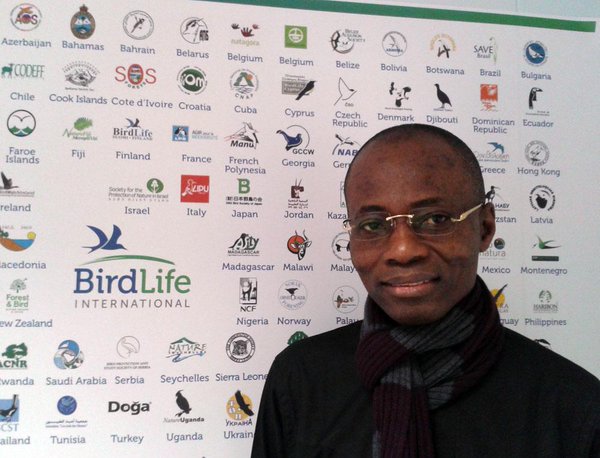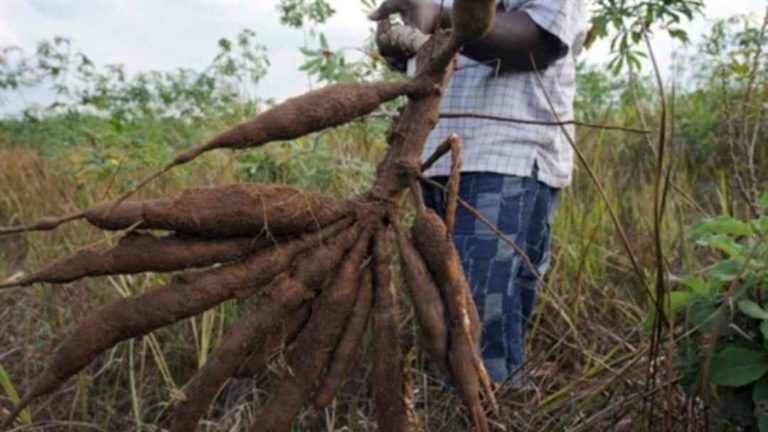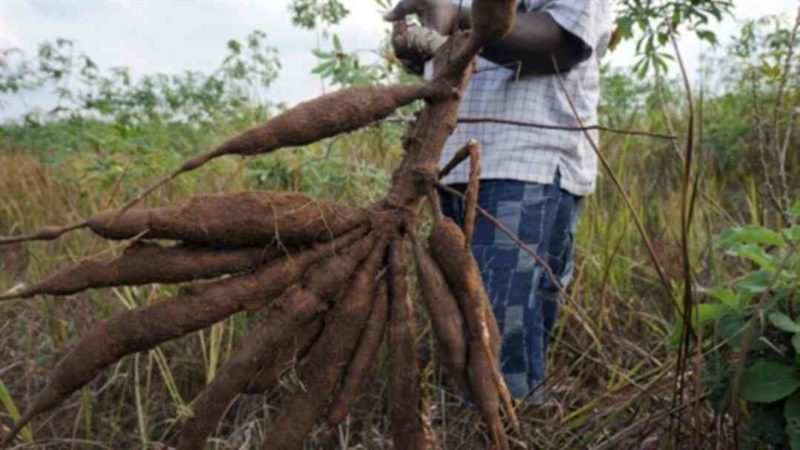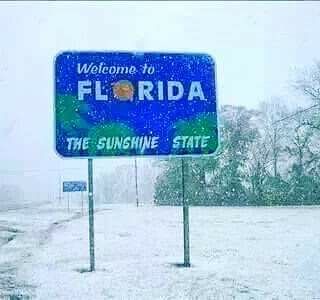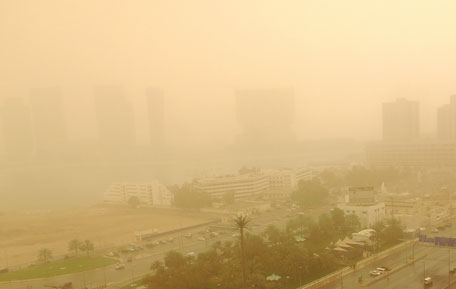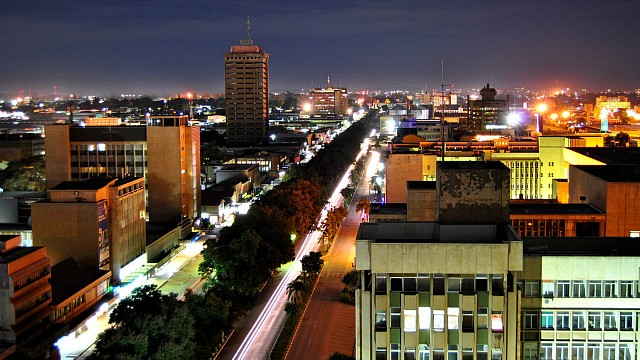U.S. National Aeronautics and Space Administration (NASA) scientists have credited the international ban on man-made chemicals containing chlorine with helping to bring the ozone back.
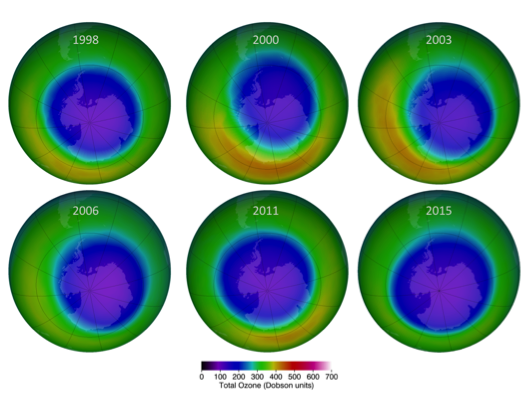
About 30 years ago under the Montreal Protocol, a United Nations emergency panel banned the use of the chemicals called chlorofluorocarbons (CFCs), which left chlorine in the atmosphere destroying ozone molecules.
Through direct observations of the ozone hole by a satellite instrument built by NASA’s Jet Propulsion Laboratory (JPL), scientists for the first time have said that levels of ozone-destroying chlorine are declining, resulting in less ozone depletion.
In previous studies, researchers have used statistical analyses of changes in the ozone hole’s size to argue that ozone depletion is decreasing.
The new study, published in the journal Geophysical Research Letters, is the first to use measurements of the chemical composition inside the ozone hole to confirm that not only is ozone depletion decreasing, but that the decrease is caused by the decline in CFCs.
CFCs are long-lived chemical compounds that eventually rise into the stratosphere; where they are broken apart by the Sun’s ultraviolet radiation, releasing chlorine atoms that go on to destroy ozone molecules, NASA said on its website.
“We see very clearly that chlorine from CFCs is going down in the ozone hole, and that less ozone depletion is occurring because of it,’’ said lead author Susan Strahan, an atmospheric scientist from NASA’s Goddard Space Flight Centre in Greenbelt, Maryland.
Stratospheric ozone protects life by absorbing potentially harmful ultraviolet radiation, which might cause skin cancer and cataracts, suppress immune systems and damage planet life.
The Antarctic ozone hole forms during September in the Southern Hemisphere’s winter as the returning Sun’s rays catalyse ozone destruction cycles involving chlorine and bromine that come primarily from CFCs.
To determine how ozone and other chemicals have changed year to year, scientists used data from JPL’s Microwave Limb Sounder (MLS) aboard the Aura satellite, which has been making measurements continuously around the globe since mid-2004.
The change in ozone levels above Antarctica from the beginning to the end of the southern winter, early July to mid-September, was computed daily from MLS measurements every year from 2005 to 2016.
Measurements show that the decline in chlorine has resulted in about 20 per cent less ozone depletion during the Antarctic winter than there was in 2005, and scientists are crediting the international ban on chlorine-containing human-produced chemicals.
Evidence had been building during the 1970s and ’80s that CFCs were damaging the ozone layer.
The levels of ozone had been dropping, which ultimately resulted in a nearly ozone-free “hole’’ above the Antarctic.
The ozone hole spurred countries and companies into action.
Two years after the discovery of the Antarctic ozone hole in 1985, nations signed the Montreal Protocol on Substances that Deplete the Ozone Layer to regulate ozone-depleting compounds, later amendments to which completely phased out the production of CFCs.
Looking forward, the Antarctic ozone hole should continue to recover gradually as CFCs leave the atmosphere, but complete recovery would take decades, according to NASA.
“CFCs have lifetimes from 50 to 100 years, so they linger in the atmosphere for a very long time,’’ said Anne Douglass, fellow atmospheric scientist at Goddard and the study’s co-author.
“As far as the ozone hole being gone, we’re looking at 2060 or 2080. And even then there might still be a small hole,’’ she said.

